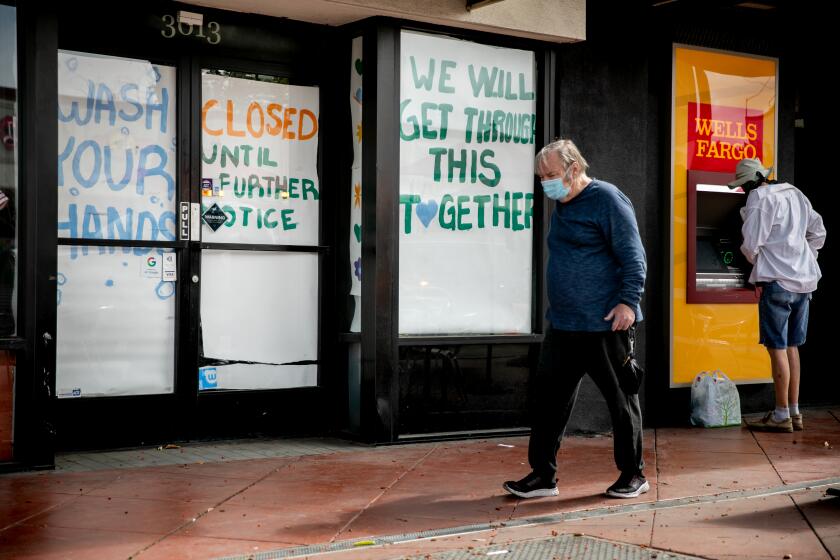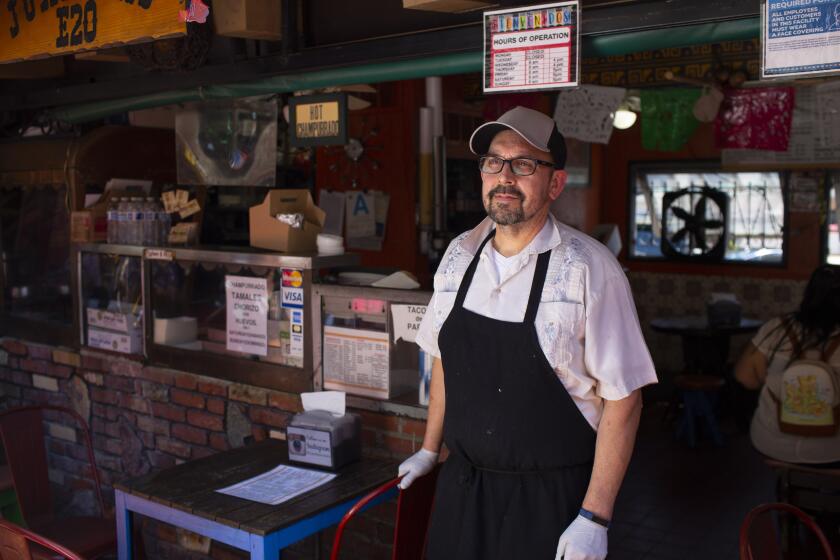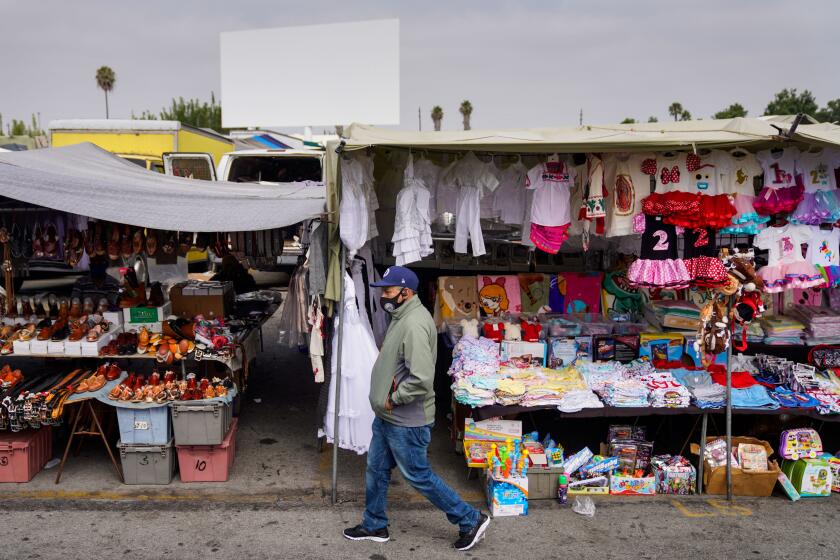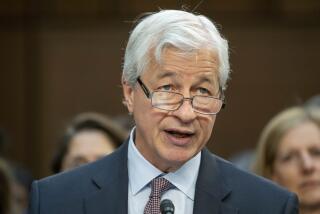What bank CEOs are telling Congress about their efforts in underserved communities

JPMorgan Chase & Co., Bank of America Corp. and their largest rivals are preparing to tell lawmakers they’ve stepped up efforts to bank underserved communities, ahead of scrutiny into their lending to Americans facing hard times during the pandemic.
“We took steps to make sure those in need, including those without access to traditional banking services, received each round of stimulus payments quickly,” JPMorgan Chief Executive Jamie Dimon said, according to remarks prepared for his appearance alongside other banking CEOs before Congress on Wednesday and Thursday. The bank also delayed payments and extended forbearance options on mortgage and other accounts, and it funded more than 400,000 loans to small businesses, according to the remarks.
The two days of testimony will mark the first time top bankers have faced a public cross-examination — albeit on video — since Democrats took control of the Senate and the White House early this year. The CEOs are expecting to meet with frustration from policymakers who are concerned about evictions and mortgage defaults after historic job losses, as well as the pace of lending to consumers and small businesses. Bankers have said sluggish loan growth has been a product of low demand.
A California bill would create BankCal, offering free financial services to the “unbanked” and “underbanked,” whose low wages often are eaten up by high fees
In prepared remarks, Bank of America’s Brian Moynihan and Charlie Scharf of Wells Fargo & Co. highlighted the loans and services they extended during the COVID-19 crisis, including to underserved communities. They pointed to their roles disbursing loans under the government’s Paycheck Protection Program, an initiative designed to help small businesses keep workers on their payrolls. Bank of America said it didn’t prioritize client applications in its provision of PPP loans to almost 500,000 small businesses. Wells Fargo’s lending supported 1.7 million jobs, Scharf said.
Despite such efforts, the pandemic-slammed economy’s recovery is uneven, and the struggle continues for many, Citigroup Inc.’s Jane Fraser said in her prepared remarks.
“We are already seeing the shoots of a K-shaped recovery in which some will do better and others will struggle,” Fraser said. “Unfortunately, those who will struggle have been economically disadvantaged historically, and they will need special attention from our industry.”
A data analysis found businesses received PPP loans at higher rates in majority-white communities than in those in areas with Latino, Black or Asian majorities.
Among its initiatives, Citigroup expanded access to check-cashing services for noncustomers, scrapped surcharges for prepaid debit cards issued for stimulus payments and tweaked policies covering the garnishment of customer stimulus payments, Fraser said.
Lawmakers also have been pressing the banks for more disclosure on racial and gender equality within their own ranks. Fraser became the first woman to lead a big six U.S. bank, while others have begun to report more robust metrics about their workforces and elevated more women to senior roles. JPMorgan’s Dimon highlighted the bank’s commitments toward advancing racial equity, noting that while his bank’s investment commitment is significant, “we know there’s more work to do.”
Goldman Sachs Group Inc. CEO David Solomon cited goals to boost diversity across many levels of hiring.
“I believe a core part of my tenure as CEO will be defined by our progress on this front,” he said in prepared remarks. “I believe that we should have a company that looks like the regions and communities we serve.”
The government’s Paycheck Protection Program was to be a lifeline for small businesses, but hundreds of thousands may get no help.
More to Read
Inside the business of entertainment
The Wide Shot brings you news, analysis and insights on everything from streaming wars to production — and what it all means for the future.
You may occasionally receive promotional content from the Los Angeles Times.












